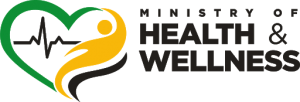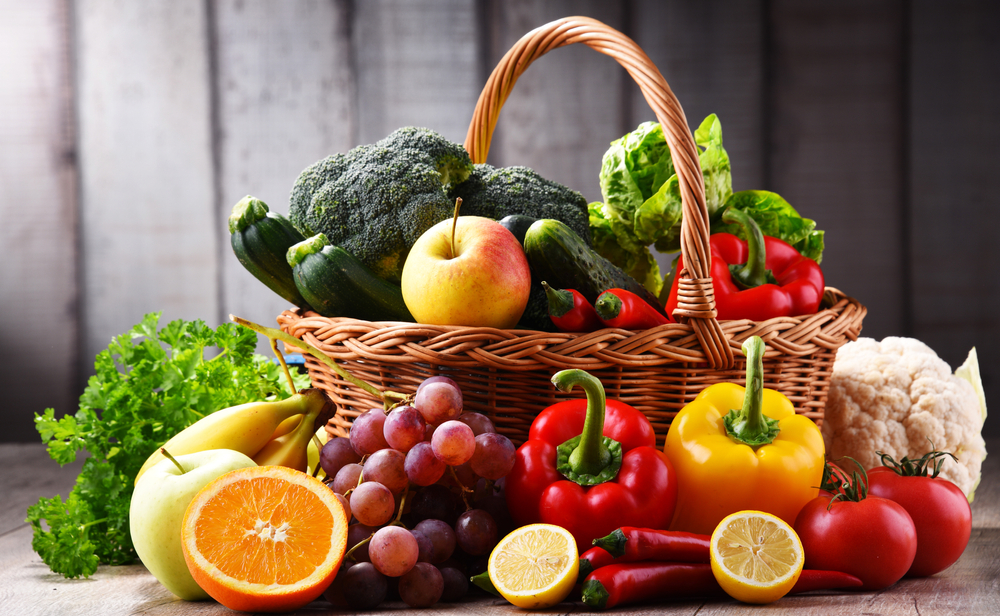
Unfortunately, Jamaica is burdened with both under and over nutrition. Our population’s diet is usually high in fats and oils, sodium/salt and deficient in fruits, vegetables and dietary fibre. Continuous poor eating habits can lead to increased prevalence of iron deficiency anaemia, and chronic non-communicable diseases such as hypertension, diabetes, cardiovascular diseases, strokes and cancers.
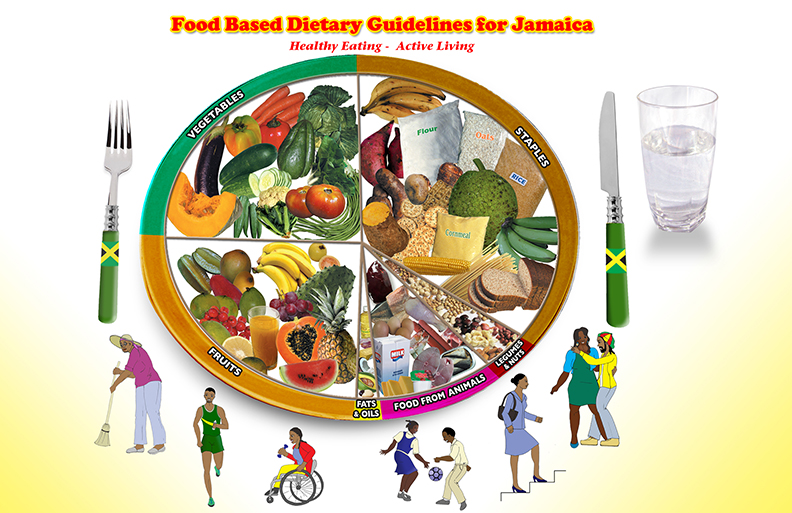
Maintaining a healthy diet is a key factor in preventing NCDs. Consuming moderate amounts of complex staples, fruits, vegetables, legumes and foods from animals, and limited amounts of fats and oils, reduce the risk of developing chronic non-communicable diseases such as obesity, hypertension, type 2 diabetes, and cancers. Eating a variety of foods from All the Food Groups daily provides the necessary nutrients your body needs, helps to fight disease and illnesses, offers energy for daily activities and overall improves health and well-being.
It is important that we know how to interpret the Nutritional Labels
The Nutrition Facts Panel has four major sections:
- The Serving Information
- Calories
- Nutrients
- Daily Value and Percent Daily Value
Serving Information
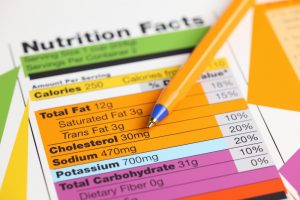
The serving information on the Nutrition Facts Panel outlines the amount of a serving of the item, as well as the total number of servings in the package. In Nutrition and Dietetics, serving sizes are scientifically determined and speaks to the quantity of food that offers a specific amount of energy and nutrients.
The US FDA label, which was fully implemented in 2021, utilizes the Reference Amounts Customarily Consumed (RACC) for certain product categories. The serving sizes stated on Nutrition Facts Panels are therefore determined by the recommended amounts of the food or beverage to be consumed, or it may represent the typical quantity that people consume.
For instance, the serving size of a beverage may be 1 cup. However, the total number of servings in the package maybe 4. Therefore, if you consume the entire package, you would have consumed 4 servings of the beverage.
Calories
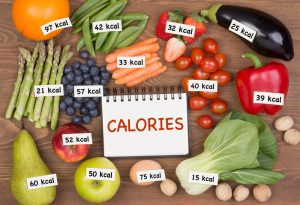
Calorie is the unit of measurement of the amount of energy you get when you consume a food or beverage. Calories are obtained from carbohydrates, proteins, fats and alcohol.
To maintain good health, you should balance the amount of calories you consume, with the number of calories your body uses daily through basic body functions (such as breathing, digestion of food, etc.) and physical activity.
The Nutrition Facts Panel indicates the number of calories per serving of the packaged item.
Nutrients
There is a vast variety of foods and beverages, with attractive labeling. While the Nutrition Facts Panel is mandatory in many countries, in Jamaica and the wider CARICOM Region, it is voluntary. Due to import and export trade, Jamaicans are exposed to Nutrition Facts Panels and need to be educated.
Nutrition Facts Panel gives information to help you to monitor nutrient intake. You can find information on the amount of Carbohydrates, dietary fibre, sugars and added sugars; total fats, saturated fats, trans fats, and cholesterol; sodium; calcium, iron, potassium and vitamin D on your Nutrition Facts Panel.
Percent Daily Value
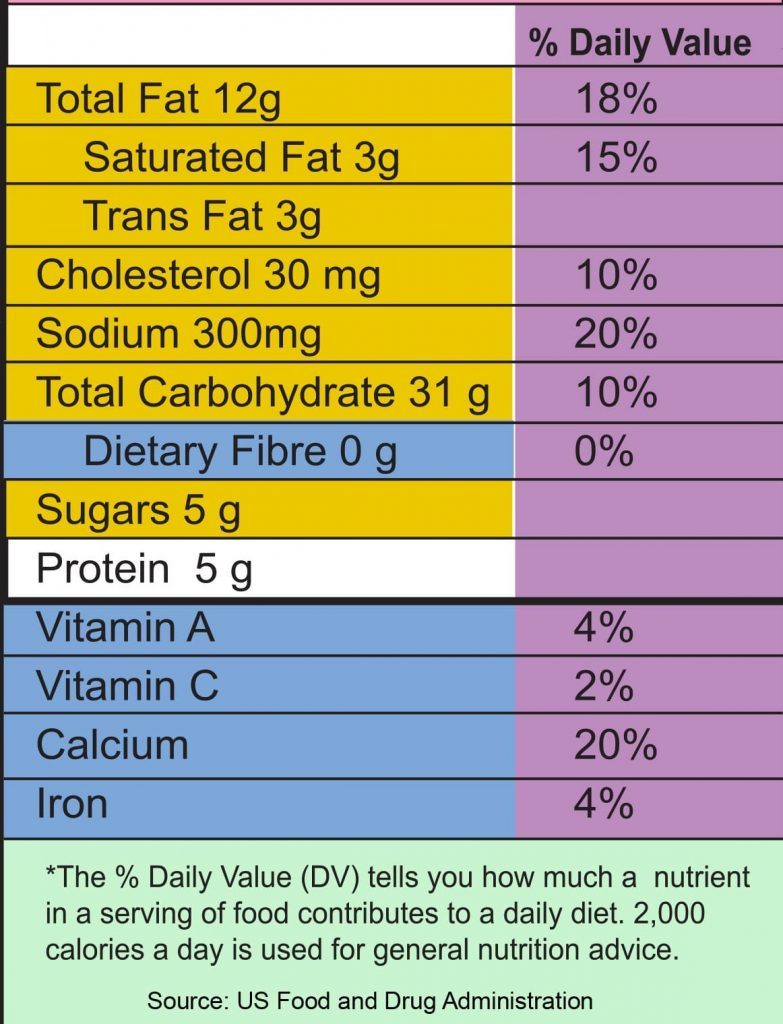
The Daily Value is the recommended or the maximum amounts of nutrients to consume each day. The Percent Daily Value is how much a nutrient in one serving of the food or beverage, contributes to the average adult daily diet of 2000 calories.
Please bear in mind the daily limits of the following:
- Added sugars are: 6tsp (24g) for women and children, and 9tsp (36g) for men
- Fats: 6 tsp (30g); Sat Fat: 13g
- Sodium: less than 1 tsp salt (2000mg)
Therefore limit food items with %DV greater than 20%.
Choose foods high in dietary fibre, minerals (such as calcium, potassium and magnesium) and vitamins (A,B,C, etc). This means products with percent daily value greater than 20%.
Here are 5 tips on how to eat healthier
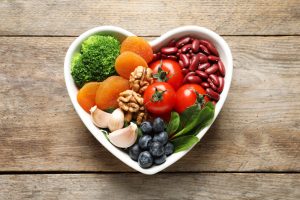
- Eat a veriety of foods from all the food groups daily
- Eat a variety of fruits and vegetables daily
- Reduce intake of salty and processed foods daily
- Reduce intake of fats and oils
- Reduce intake of sugary foods and drink

